Sustainable learning spaces
The digital transformation is also influencing physical learning space design at universities. Competency-based teaching/learning formats require new and diverse learning environments. For example, traditional lecture halls are changing into multifunctional learning spaces, are being equipped with digital technology for hybrid scenarios, and are being supplemented by creative space concepts such as makerspaces. At the heart of the redesign of spatial structures is the teaching of future skills. Since 2018, the Hochschulforum Digitalisierung has been addressing the topic of future-proof learning spaces in various expert and working groups. Since 2021, the HFD has been bundling its activities in this regard in the Innovation Hub Future Learning Spaces.
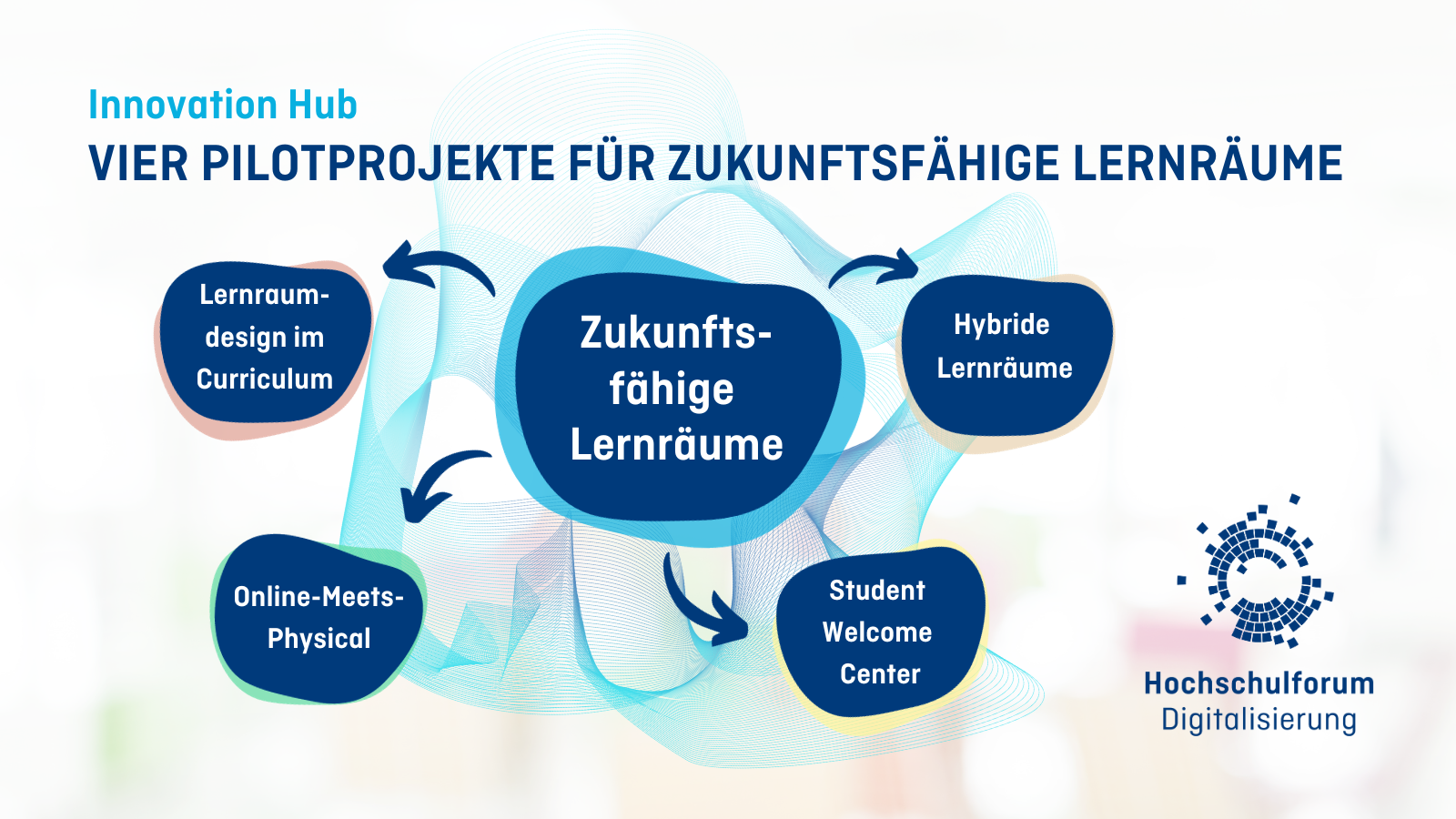
The Innovation Hub Sustainable Learning Spaces has a term from 2021 to 2023 and offers the university community fields of experimentation and collaboration for the co-creative development of innovative approaches in the context of the digital transformation of studying and teaching. For the thematic focus “sustainable learning spaces”, the HFD networked four learning space projects from CAU Kiel, Hochschule Ruhr West, HAW Hamburg and HTW Berlin. During the two-year period, the learning space experts developed and reflected on their work processes in co-creative workshops. The focus is primarily on participatory processes in the conception phase (“phase zero”) of innovative learning spaces. In a multi-stage collaboration process, a guideline for the start of learning space development with recommendations for the design of participatory processes in the conception phase was developed together with the learning space experts.
Pilot projects
AG Learning Architectures (Duration: 2018-2019)
The interdisciplinary ad-hoc working group Learning Architectures deals with central aspects of sustainable learning space design. The aim was to identify design dimensions for learning space development against the backdrop of digital change and to present practical implementation approaches.
To this end, the working group members developed a series of discussion points and recommendations for universities to address the issue of sustainable learning space design (physical and virtual) as a strategic field of action. In particular, decision-makers from the university management sector who are involved in the strategic development of their university, such as university management, didactics officers, IT and infrastructure managers, are addressed. Also addressed are teachers who contribute their professional and didactic knowledge to the development of competence-oriented (media-supported) teaching-learning scenarios, whereby the students are also integrated and valued as co-creators in these processes.
Publications of the Working Group Learning Architectures
WP No. 44: Sustainable learning space design in the digital age AP No. 45: Learning spaces of the future - 4 practical examples of learning space design in the digital ageEhemalige AG-Mitglieder
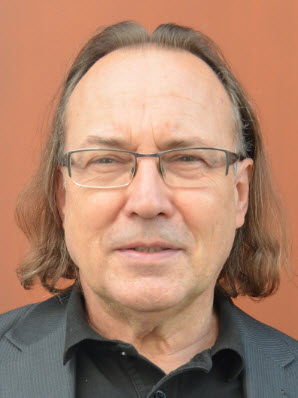
Prof. Dr. Richard Stang
Leiter des Learning Research Center, Hochschule der Medien Stuttgart (HdM)
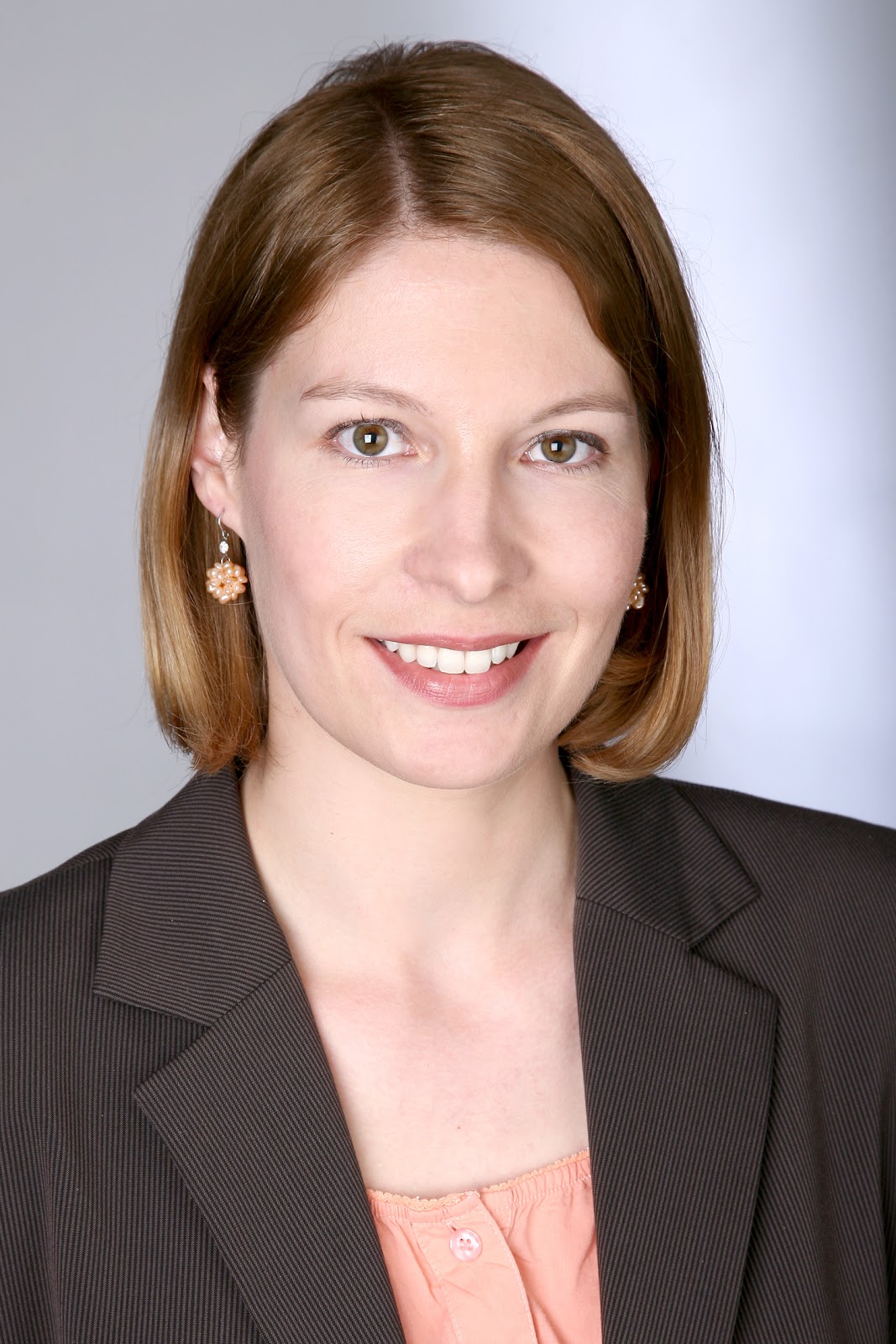
Dr. Dorit Günther
wissenschaftliche Mitarbeiterin Selbstlernzentrum, TU Kaiserslautern
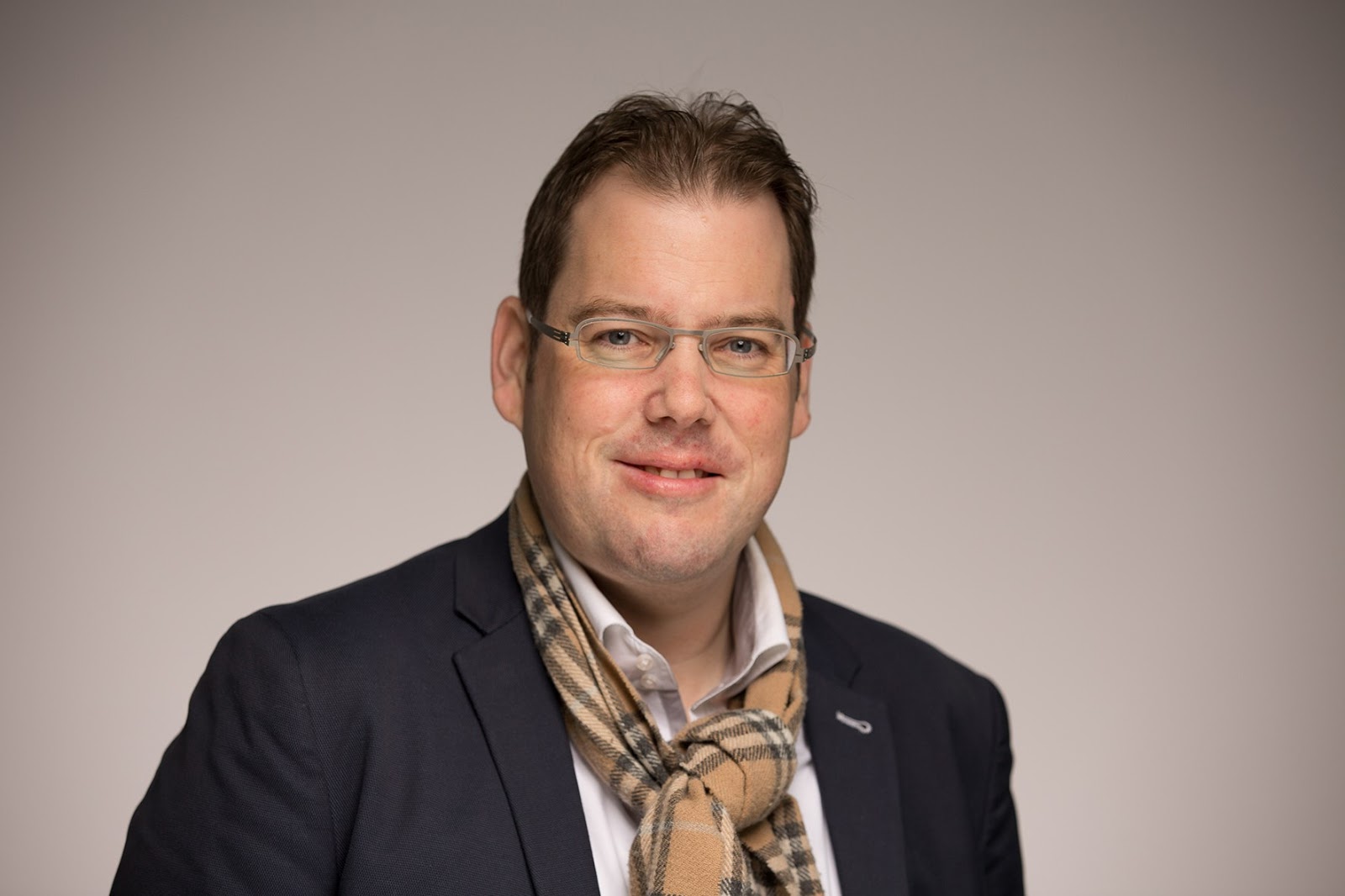
Prof. Dr. Marc Kirschbaum
Professor School of Engineering and Architecture, SRH Hochschule Heidelberg
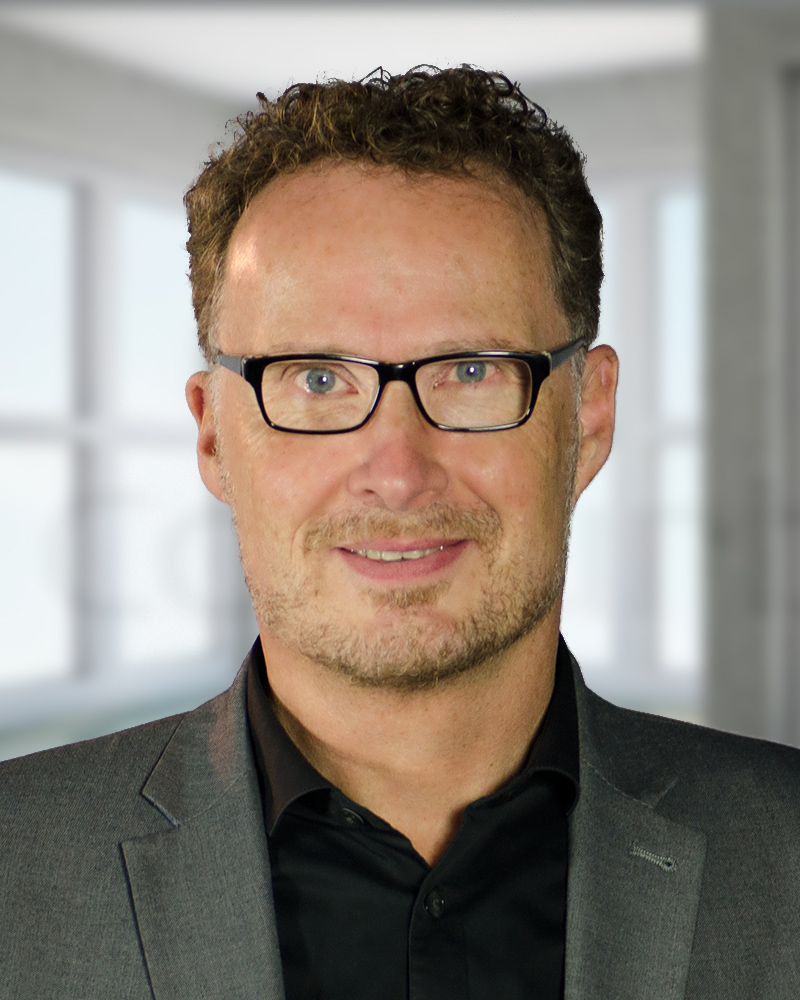
Prof. Rolf Kruse
Professor Digitale Medien und Gestaltung, Fachhochschule Erfurt
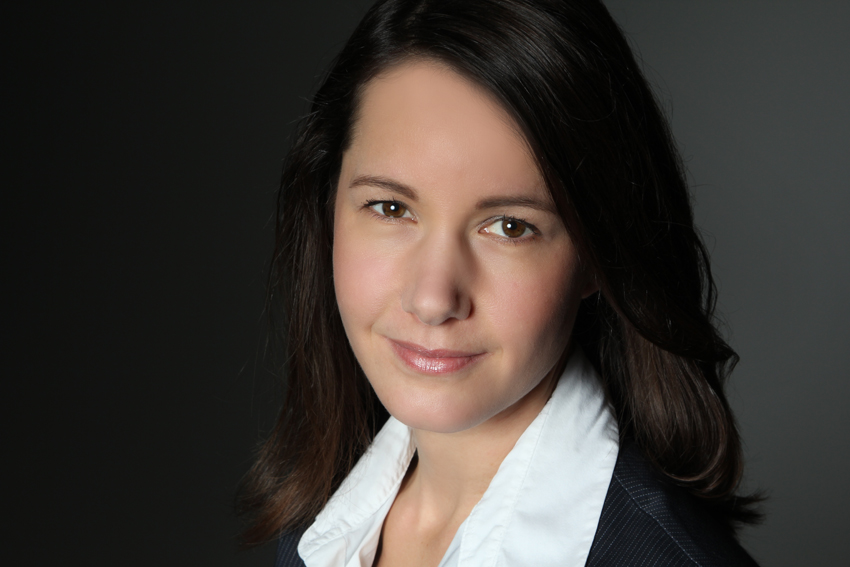
Inka Wertz
wissenschaftliche Mitarbeiterin, HIS Institut für Hochschulentwicklung
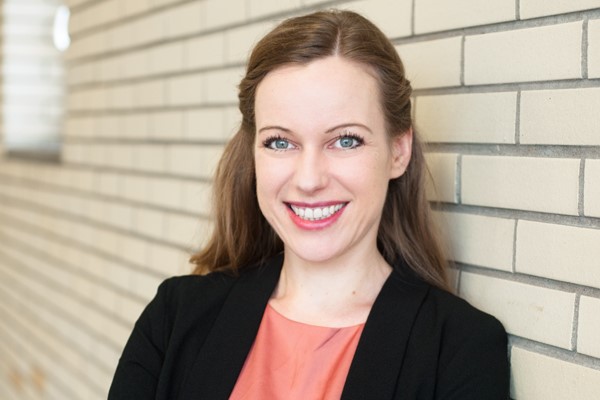
Dr. Tina Ladwig
Projektleiterin Hamburg Open Online University, TU Hamburg
Contact
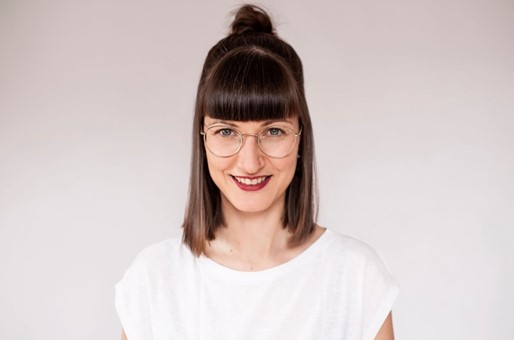 Anne Prill
Anne Prill




